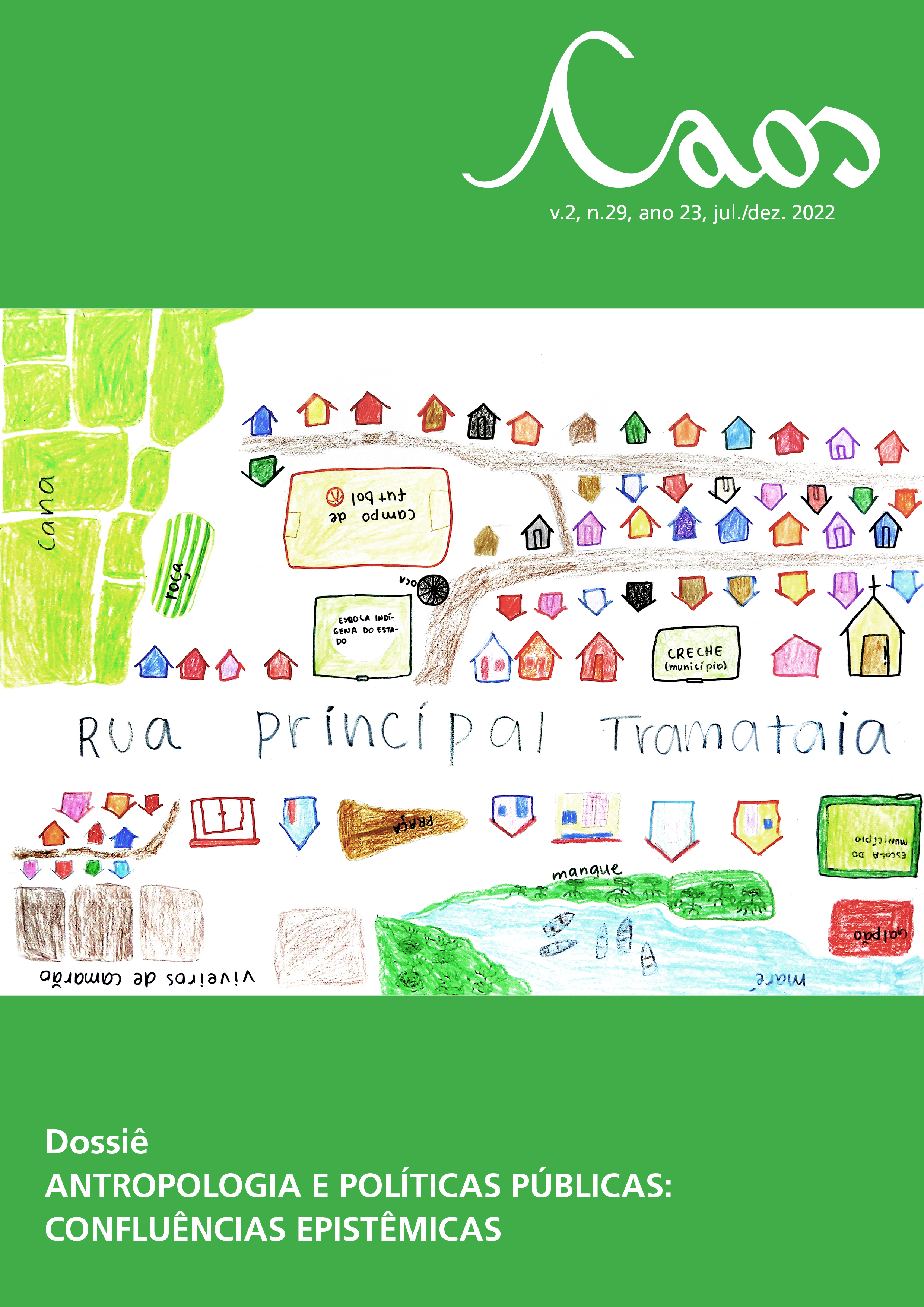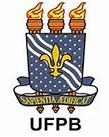EVALUATION OF THE IFCE EXPANSION POLICY WITH THE SEA PEOPLES OF CAMOCIM/CE
DOI:
https://doi.org/10.46906/caos.n29.62871.p133-161Keywords:
public policy assessment, professional and technological education, development, peoples of the seaAbstract
This work evaluates the policy of expansion of professional and technological education at the Instituto Federal de Educação, Ciência e Tecnologia do Ceará (IFCE), and it's relationship with coastal people located in the municipality of Camocim/CE. Therefore, the central question is: to what extent has the IFCE expansion policy been contributing to the development of the coastal people in Camocim/CE? Methodologically, this is a qualitative assessment, carried out through a case study at the IFCE Campus Camocim with residents of the Praia neighborhood in Camocim - Ceará. As a result, the evidence shows that that the expansion of the IF provides access to public, face to-face and federal education and that the IFCE campus Camocim contributes to a change of life for the family of the fishermen. However, the dialogue with the maritime peoples is institutionally embryonic, although with the potential to advance in the face of the possibility of IFCE in revising its pedagogical methods in terms of an emancipatory professional education and being consistent with the context of the local community. to achieve development in the sense of Furtado (1980). In this sense, it is suggested to incorporate more inclusive and flexible methodologies through an institutional project articulated with teaching, research and extension, respecting the autonomy of the subjects and the community of the “peoples of the sea”.
Downloads
Metrics
Published
Issue
Section
License
Copyright (c) 2022 Aniely Silva Brilhante, Alcides Gussi

This work is licensed under a Creative Commons Attribution-NonCommercial 4.0 International License.
A Caos é regida por uma Licença da Creative Commons (CC): CC BY-NC 4.0, aplicada a revistas eletrônicas, com a qual os autores declaram concordar ao fazer a submissão. Os autores retêm os direitos autorais e os de publicação completos.
Segundo essa licença, os autores são os detentores dos direitos autorais (copyright) de seus textos, e concedem direitos de uso para outros, podendo qualquer usuário copiar e redistribuir o material em qualquer suporte ou formato, remixar, transformar e criar a partir do material, ou usá-lo de qualquer outro propósito lícito, observando os seguintes termos: (a) atribuição – o usuário deve atribuir o devido crédito, fornecer um link para a licença, e indicar se foram feitas alterações. Os usos podem ocorrer de qualquer forma razoável, mas não de uma forma que sugira haver o apoio ou aprovação do licenciante; (b) NãoComercial – o material não pode ser usado para fins comerciais; (c) sem restrições adicionais – os usuários não podem aplicar termos jurídicos ou medidas de caráter tecnológico que restrinjam legalmente outros de fazerem algo que a licença permita.
Recomendamos aos autores que, antes de submeterem os manuscritos, acessem os termos completos da licença (clique aqui).
















